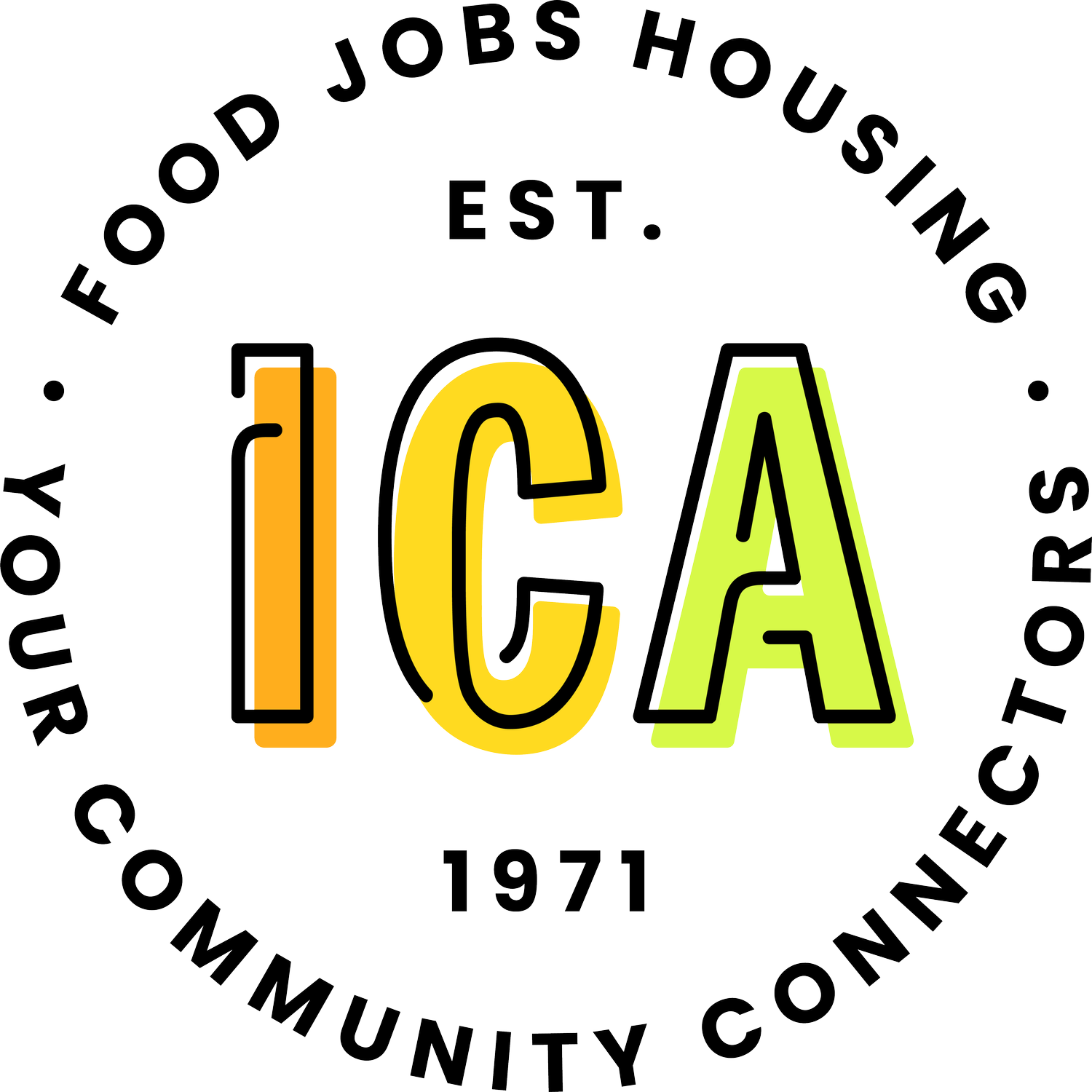Passed in March 2020, COVID-related federal SNAP (Supplemental Nutrition Assistance Program) benefits for low-income individuals and families are set to return to pre-pandemic levels this month. The emergency benefits provided local families with anywhere from $100 to over $500 in reoccurring funds based off their household size and other factors.
The end of this program coincides with widespread inflation that is rising the price of groceries and leaving many Minnesotans unable to put enough food on the table. As a result, more and more families are turning to food shelves and other nonprofit organizations for vital assistance.
For context, here at ICA, 1,344 individuals and families came to us in January for a shopping appointment. That’s a 35% increase when looking back to January 2022. In addition to traditional shopping appointments at our central location, we’re also servicing community members at local school sites and administering nearly 100 emergency bags every month to individuals that walk through our doors.
While inflation is having a significant impact on local families, it also is altering the way nonprofit organizations conduct their business. With the costs of fresh produce and shelf stable items on the rise, it’s more challenging for us to provide our neighbors with the consistent healthy, diverse choices they’ve come to expect. As this current climate is set to collide with a reduction of federal assistance funds, it has the makings of a terrifying “perfect storm” that social agencies will be forced to face. Here at ICA, in the coming months, we’re expecting our already historic service numbers to rise even higher.
Despite the daunting challenges, we stand resolute to provide the very best in services to our neighbors. To accomplish this, more than ever, we’re looking to our community supporters and advocates for help in the form of food, household and financial donations. When you support ICA, you’re directly supporting families in our community that are struggling to find long-term stability.

